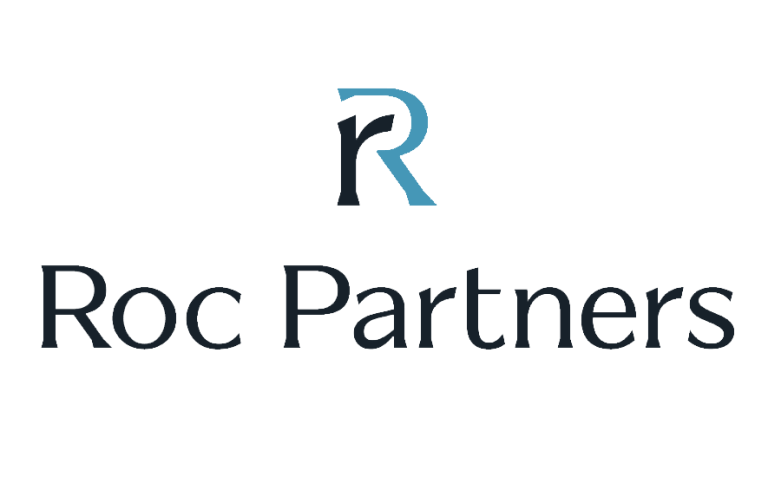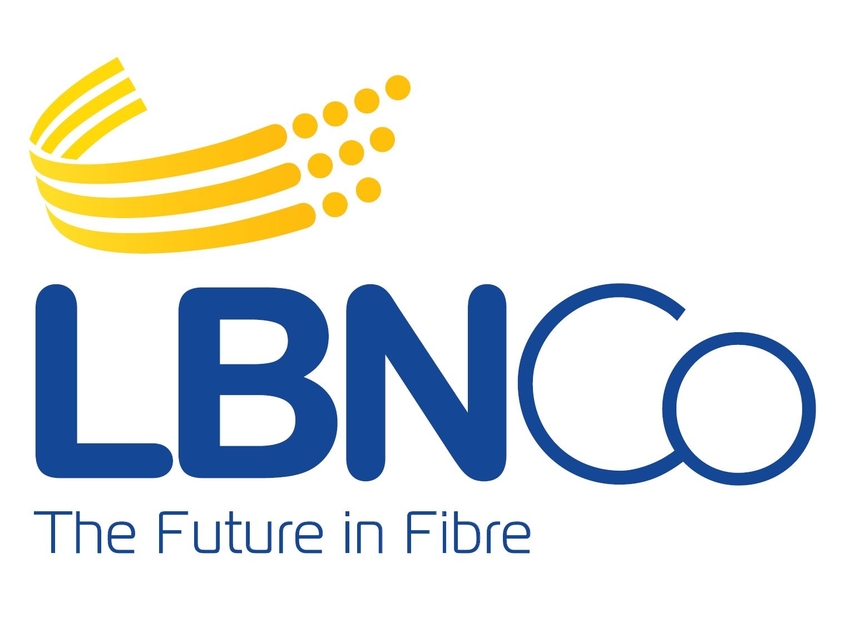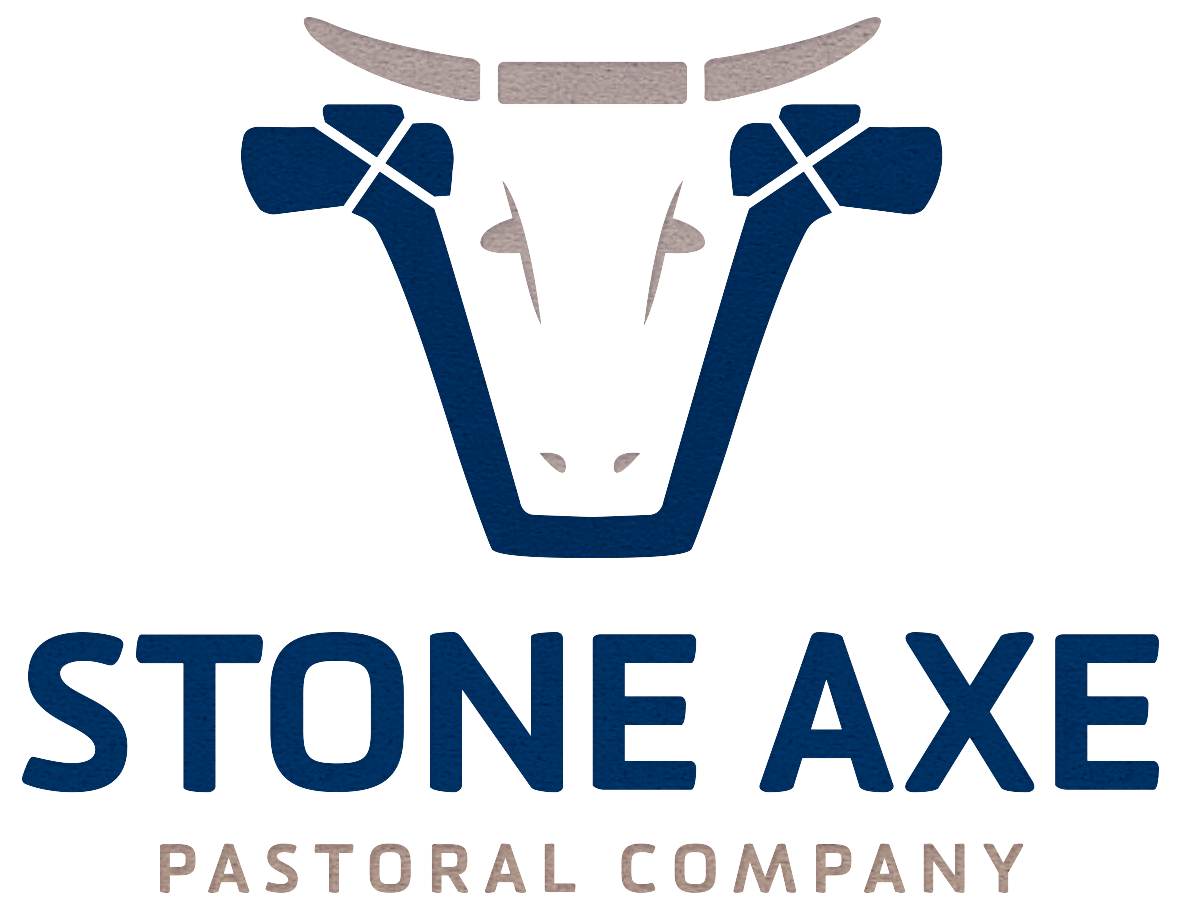Phillipa Healy: Hi, I'm Phillipa Healy. And today I'm joined by Mike Lukin Managing Partner at Roc Partners. Mike, when you look at the investments that private markets managers like Roc make into different companies, how do you look at driving value? And what is success in driving value in these companies?
Mike Lukin: Great question Phillipa. I think there's a number of factors that lead to great investments in private markets. I think the first of those is deal origination. Deal originations really important because what you want to find is proprietary deal flow and deals that you know, the private equity manager or Roc can add value to. That's really the key and I think what we're looking for is either the private equity firms that have unique deal flow or the ability as an organization to add a lot of value through our deal origination and proprietary challenge. I think that's really key. What we don't want to do is do a lot of deals through auction processes where we're competing against people with potentially lower cost of capital, which means lower returns to the end investor.
I think secondarily one of the key things we look for is, when we're looking at deal opportunities, is operational value add. I think private equity gets a bad rap a lot of the time about just being leveraged equities, and I think the reality is when you're looking at private equity you're looking for groups that can add value to those businesses, and regardless of the economic cycle or the share market cycle the ability to add value to a business means better returns at the end. It just means that the business that you're selling in five to seven years time is actually a better business and so should be worth more than what it's worth when you're acquiring that business early in kind of investment horizon.
And finally, one of the key things, and probably increasingly important to not only Roc but our investor base generally, is what I call the social license to operate. So really a business that's sustainable into the future and I think what's really important there is we're seeing increasing focus from acquires of businesses, whether they're corporates or institutional investors, on what good this business does or how sustainable this is business into the future. And the reality is that if you now have a business that does bad. In the world that we live in, in private markets, where we're going to own this business for five to ten years. There's a real risk that you end up with an orphan asset that's stranded at the back end. Yeah, and so very much when we're looking at investments we're thinking about what is the good and the social license to operate that this business holds, how will that be sustainable into the future not only through our ownership period but well into the future. And if there's challenges around that we need to have a plan, and we really need to have a plan around how we fix that problem over our ownership period. Unlike listed markets where we can buy and sell stocks all the time, and so we don't have to think about the long-term implications of owning an asset, in our business we're really do and so we need to have a plan around how do we make these businesses sustainable into the future.
Phillipa Healy: So important that that long term value creation.
Mike Lukin: Yeah. Absolutely. We want the next owner to have great investment opportunity that they see generating returns for them and means that we can just continue to find buyers for businesses that were involved with.
Phillipa Healy: Absolutely. Thank you, Mike.




